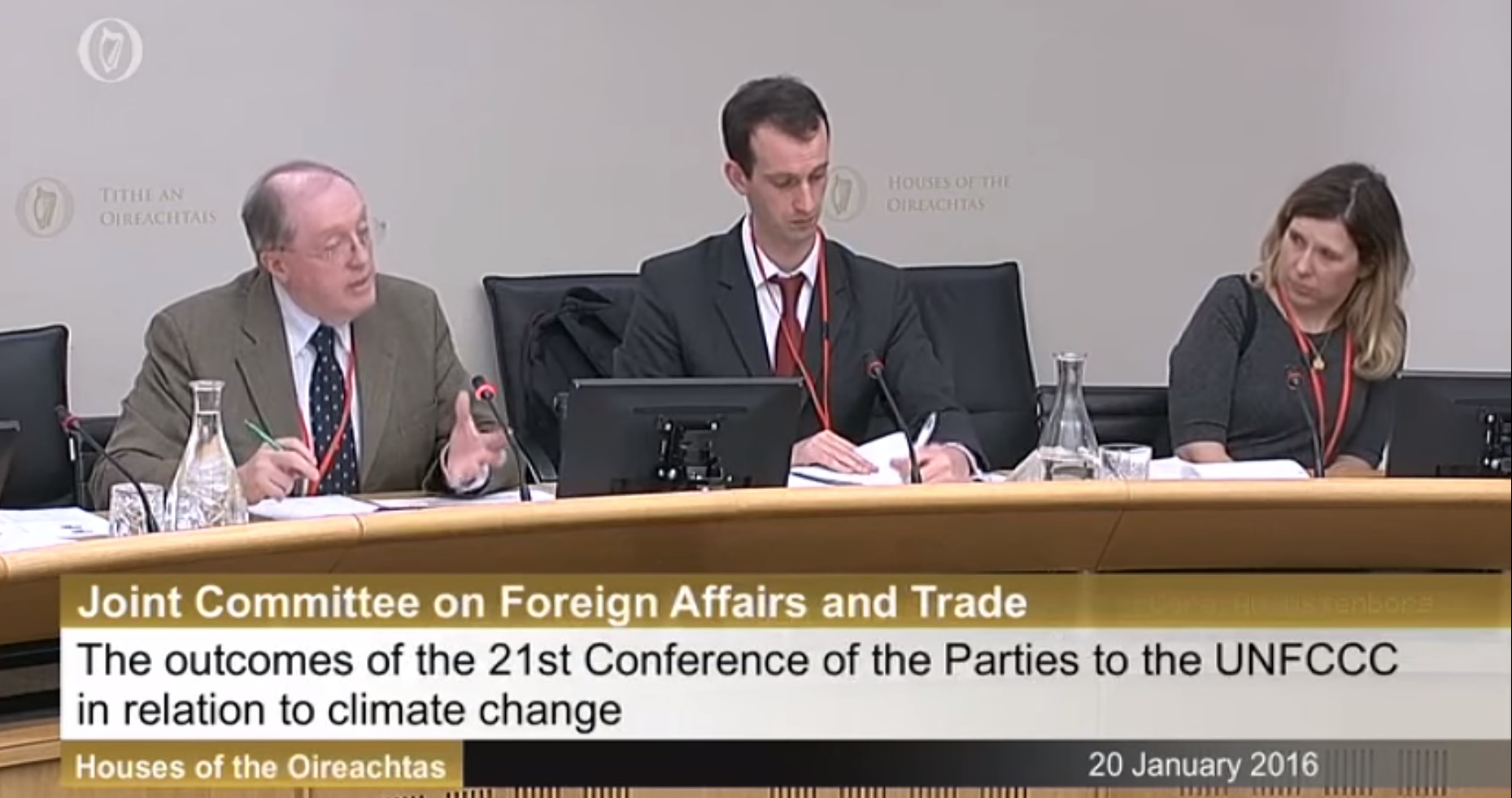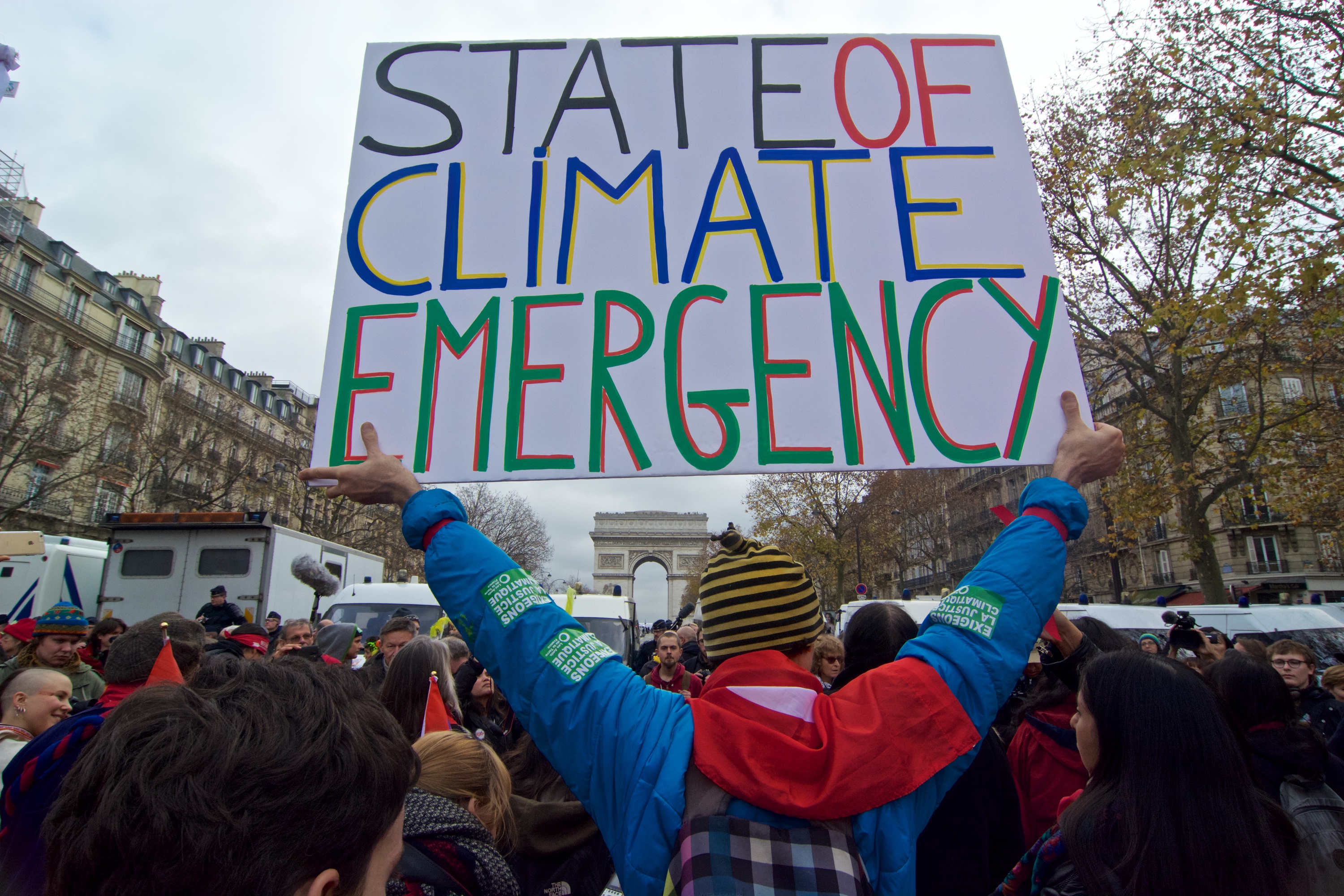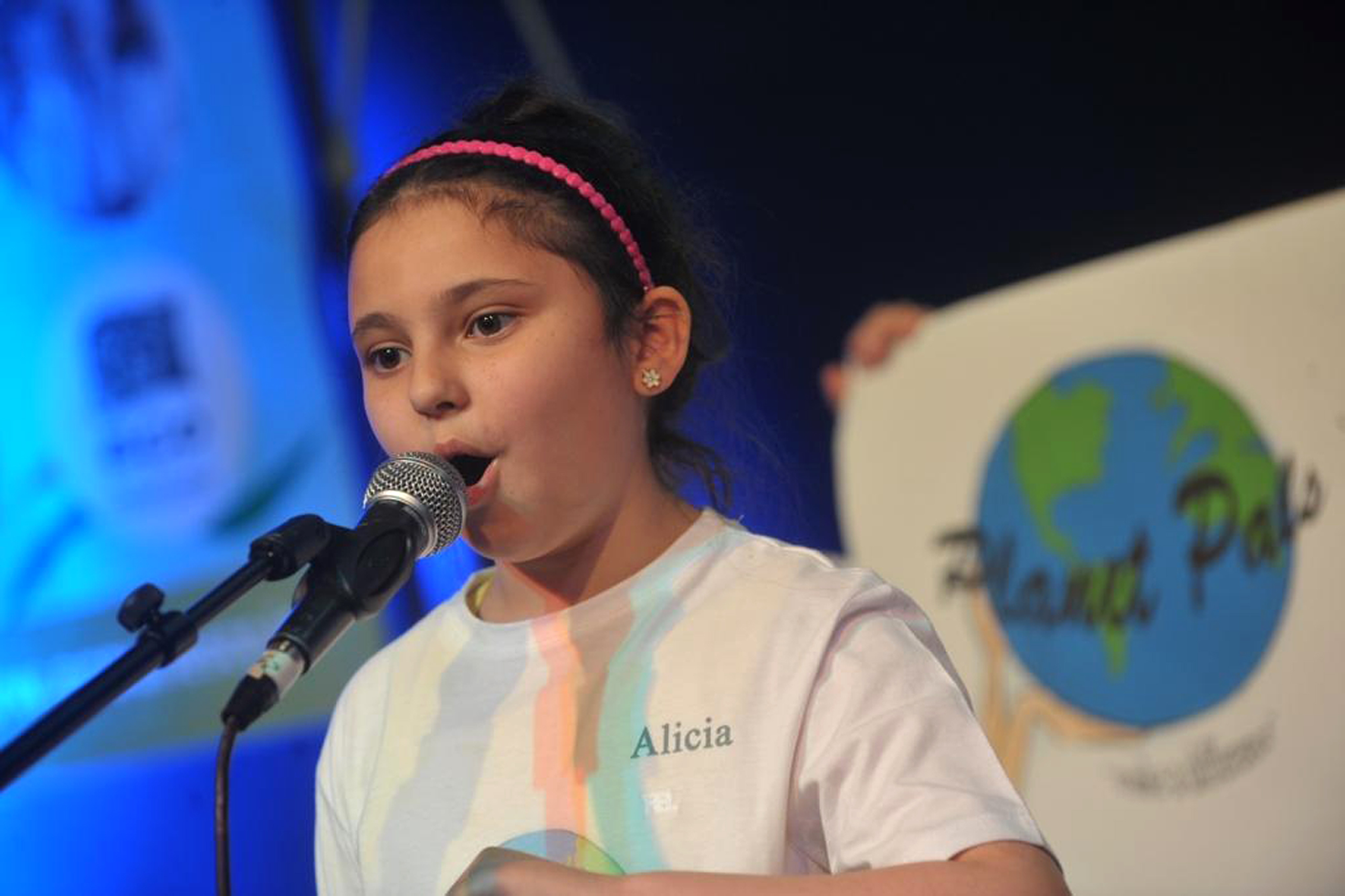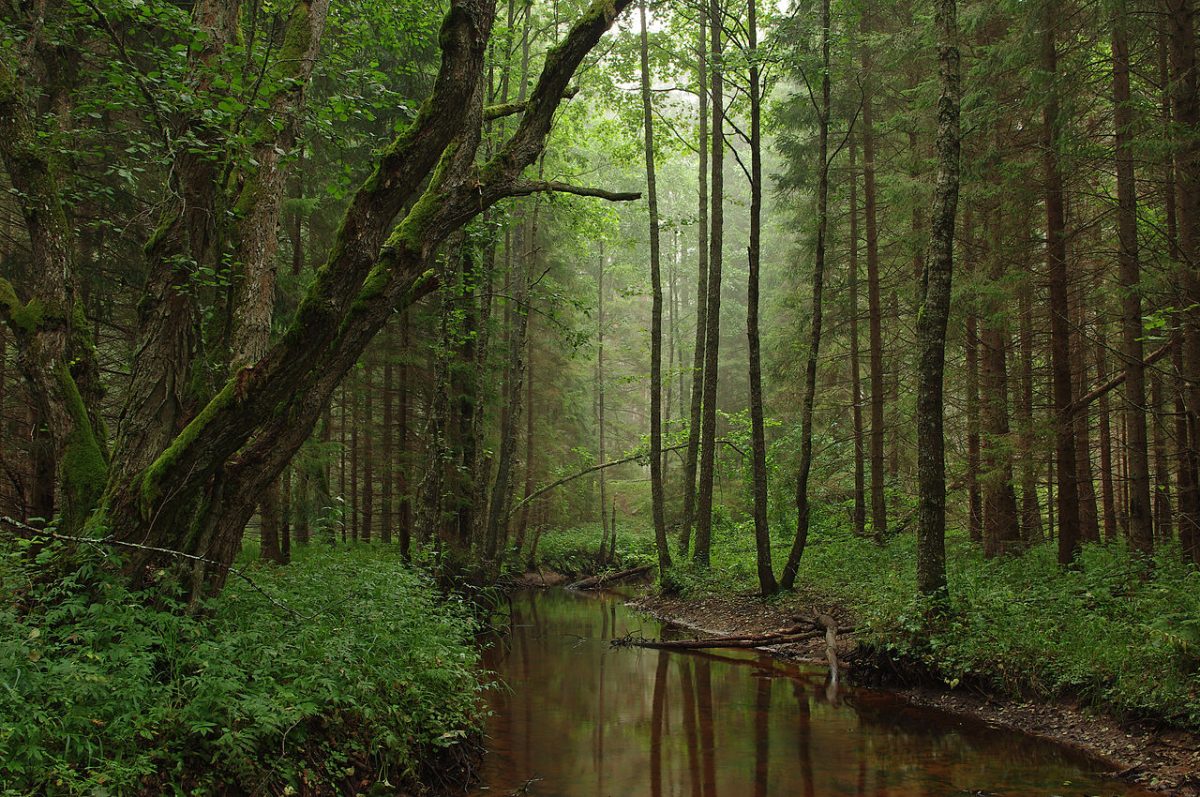COP23: WHO and UNFCCC commit to tackling climate-related health challenges

November 14th, 2017
The World Health Organization (WHO) and the United Nations Climate Change Secretariat (UNFCCC) have come together to renew their joint commitment to tackling climate-related public health challenges.
The two international agencies signed a Memorandum of Understanding to coincide with the UN Climate Change Conference (COP23) currently taking place in Bonn, Germany.
The MoU outlines plans to support countries with weak or inadequate health infrastructure to build climate resilience to respond to human health threats.
The two bodies outlined that protection and enhancement of health is an essential pillar of sustainable development and requires wide cooperation by all countries and other stakeholders.
Extreme weather events and variable climate are having a growing impact on air quality, safe drinking water, and food security and secure shelter.
According to the UN, there may be up to 250,000 additional deaths per year between 2030 and 2050 as a result of heat stress, malnutrition, diarrhea, and malaria.
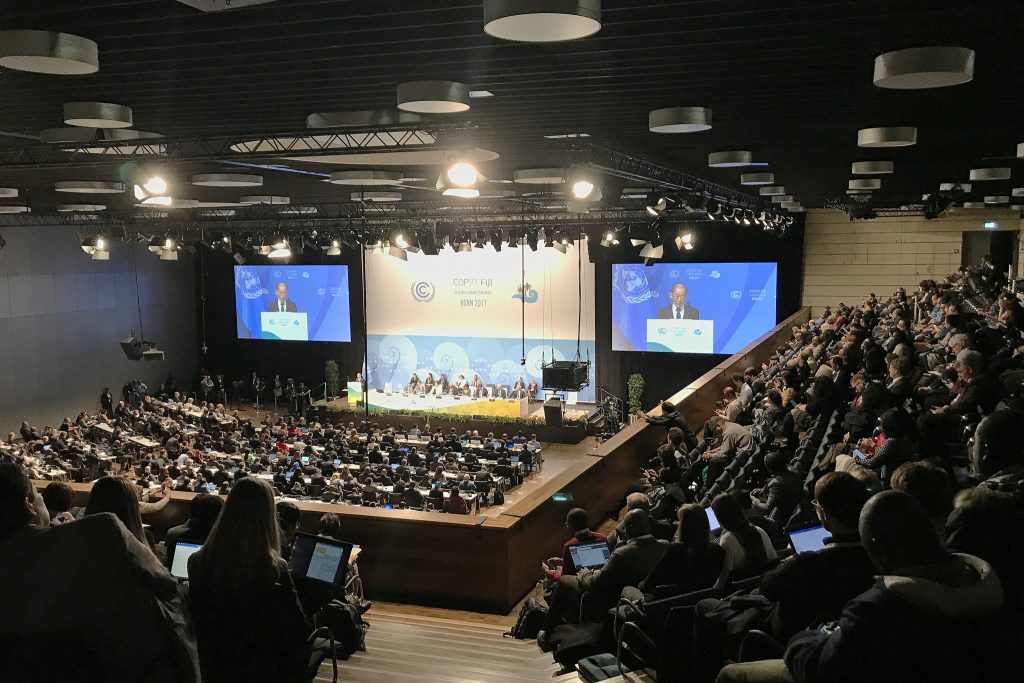
COP23 Photo: UNclimatechange
The two institutions will collaborate to help countries reduce health vulnerability to climate change through guidelines on climate-related health risks and improving countries’ capacity to address health in their national adaptation plans.
The MoU also outlines plans to inform climate and health policy makers on how to communicate and prevent climate risks, as well as support for tracking and reporting of the scale and nature of investments in protecting health from climate risks.
Patricia Espinosa, Executive Secretary of UN Climate Change, said that she was “delighted” that the two institutions are evolving and that their relationship will now be more “action-oriented”.
“The Paris Climate Change Agreement needs all hands on deck if we are to ensure a healthy world and healthy citizens now and into the future,” she added.
“If together and with many partners, we can realize the world’s climate goals we can also play our role in providing a major health boost to billions of people.”
Impacts on small island states
The two bodies also launched a special initiative to develop health systems resilient to climate change for those living in vulnerable small island developing states (SIDS).
Many SIDS are already vulnerable to climate-sensitive diseases like malaria, dengue, and diarrhoeal disease. The UN states that the effects of climate change will exacerbate this, as well as threatening access to safe food supplies, clean water, and sanitation.
The initiative will also provide a platform for the world to hear the voices of health leaders on island nations and gather evidence to support further investment in climate change and health.
The institutions hope to triple the levels of international financial support to climate and health in SIDS “on the frontline of extreme weather events,” according to the Director-General of the WHO, Dr Tedros Adhanom Ghebreyesus.
He added: “We owe it to these people to do everything we can to help them prepare for the future that is already washing up on their shores.”
Fijian Prime Minister and COP23 President, Frank Bainimarama said that the initiative will better equip small island states with “the knowledge, resources, and technology to increase the resilience of their health systems”.
[x_author title=”About the Author”]
